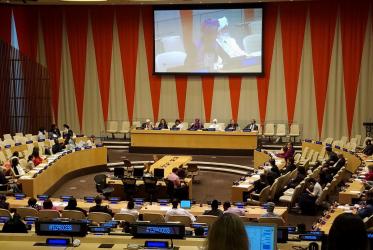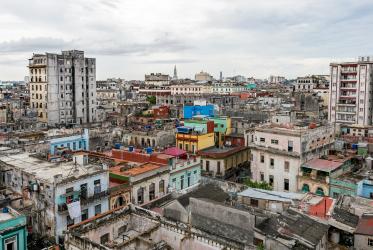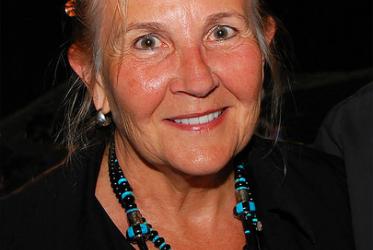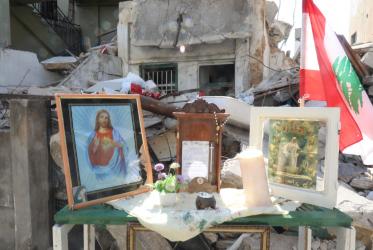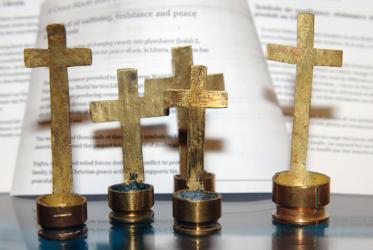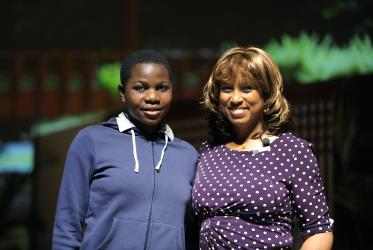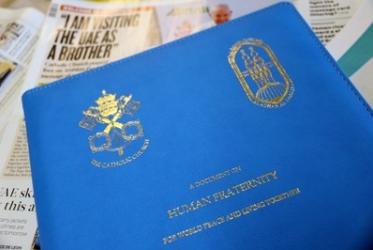Displaying 1 - 19 of 19
07 October 2019
WCC hails historic visit of US leader to Cuba
23 March 2016
Religious leaders as agents of peace in the Americas
02 March 2016
“Children are the heroes of the aboriginal residential schools story”
25 September 2015
Killer Robots? Moral questions pervade UN conference
23 April 2015
The new Arms Trade Treaty: a life-saving gift this Christmas
19 December 2014
Issues of justice in focus at WCC Busan assembly
06 November 2013
Anglicans and Lutherans join hands in Ottawa
11 July 2013
Praying for justice and peace in Azzun
22 October 2012


